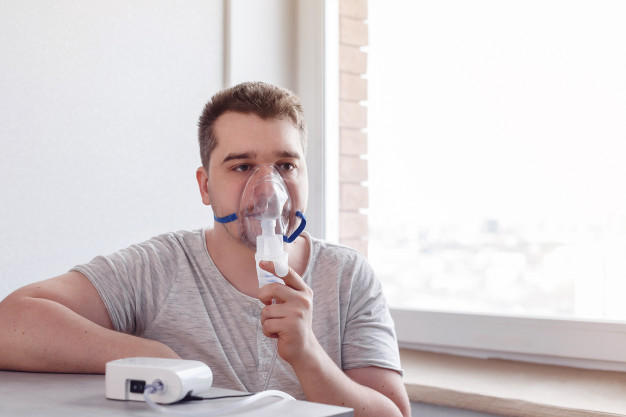
People with asthma may have concerns about how COVID-19 will affect them. The best way to reduce the risk of developing severe illness from COVID-19 is by controlling the condition and maintaining consistent infection prevention habits.
Keep reading to learn more about how COVID-19 may affect a person with asthma, including what the research says so far, the risks, and the precautions people should take.
How does COVID-19 affect people with asthma?
Asthma is a chronic lung condition that affects the airways and causes inflammation. This inflammation causes spasms and narrowing of the airways, which leads to wheezing, breathlessness, and coughing.
Generally, when a person contracts a respiratory virus, the infection sets the body’s immune response in motion. In people with asthma, this can lead to an overproduction of substances that only worsen inflammation.
COVID-19 is slightly different. It causes an inflammatory process inside lung tissue rather than the usual bronchial inflammation that occurs in asthma.
Respiratory viral infections, such as COVID-19, can trigger and worsen asthma symptoms. According to the Centers for Disease Control and Prevention (CDC), it can also lead to pneumonia in people with moderate to severe asthma.
However, at present, there is no evidence suggesting that people with asthma are any more likely to contract COVID-19 than anyone else.
For example, a 2020 study of 140 hospitalized people with COVID-19 in Wuhan, China, did not include any people with asthma. This suggests that asthma may not be a strong risk factor for contracting the virus.
Despite this, according to the Asthma and Allergy Foundation of America (AAFA), other strains of coronavirus can worsen asthma. People with asthma should be extra cautious as research data is limited, and in its early stages.
According to the CDC, if people with asthma do contract the virus, they may be at higher risk of complications from COVID-19 than they are from other respiratory infections such as the flu.












